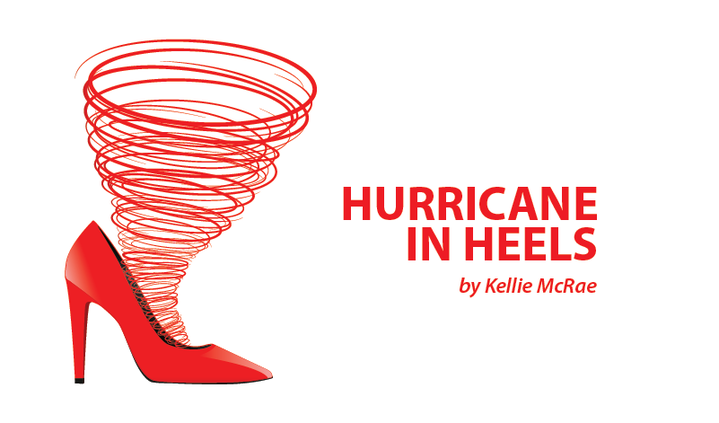I Know You Mean Well, But …
Written by |

“Have you tried swimming?” “Maybe you should take an Omega-3 supplement.” “Walking more will help you build your stamina.”
As lupus patients battling everything from muscle fatigue to a total lack of energy, we have heard as much as we want of these type of comments from people who just don’t get it.
I never thought about the well-meaning things I’ve said to people. Talking to a heavy person about what they should do to be thin is a different conversation when you’ve never been heavy. You don’t really know that struggle; you may be fit, you may eat and exercise frequently, but that doesn’t work for everyone. Your well-meaning advice can really leave that person feeling isolated, like they are an anomaly and a failure. It also can leave people feeling misunderstood and, ultimately, lonely.
I know that most people are doing their best to help you feel better. They want you to find a simple solution to the issues you face. Sadly, the more people offer their advice, the more we seem to become either offended or we retreat. The advice often comes completely unsolicited, and that certainly makes us angry.
I am a slow walker; I look healthy and slim, but on some days, my hips, knees, and ankles flip me off, and I am in no hurry. People offer me assistance to build my endurance, suggest exercises I can do to strengthen these body parts, and recommend supplements to help. Thanks, but glucosamine will not help lupus.
I’ve even had people say that because I feel down sometimes, I should ask my doctor for antidepressants. No, thanks, I am just going to acknowledge what I am feeling and deal with it. Depression is normal for what we deal with, and the offer of drugs says to me that “something isn’t right.” But everything is as it should be when you are dealing with something of this magnitude.
It seems that the longer I battle, the more visible the symptoms become, and the more advice I get. If I share what I am feeling, then I really get bombarded. Sometimes we just want to share; sometimes we just want to be heard. This does not mean you need to offer up anything other than an open ear, occasionally a shoulder to cry on, or a pair of arms to offer a soft hug. After a while, the intent is lost on people who feel bad enough already, and then we feel judged on top of that.
“Well, you look fine.” “She’s just looking for attention.” “She’s lazy.” “Nobody is tired all the time.” “You keep saying you want to lose weight, are you sure you should be eating that?”
I can find a lot of reasons to be offended in some of the things that have been said to me since I was diagnosed, but I really do my best to remember that most people come from a good place. If you are a healthy person reading this, I am not saying weigh every word you say, but if someone tells you they have a chronic illness, the proper response is, “I’m really sorry to hear that. If you need an ear or a shoulder, I’m here.” When they take you up on that offer, the proper response is, “Oh, mmm-hmm, I didn’t know that. I wish I had a solution, but I’m sure you’re doing all you can.”
As the saying goes, you can’t understand a person until you’ve walked a mile in their shoes. Offering advice is not something that many of us find comforting when it comes from someone we know has no understanding of what is happening to us. But finding someone who will listen is like winning the lottery.
***
Note: Lupus News Today is strictly a news and information website about the disease. It does not provide medical advice, diagnosis, or treatment. This content is not intended to be a substitute for professional medical advice, diagnosis, or treatment. Always seek the advice of your physician or other qualified health provider with any questions you may have regarding a medical condition. Never disregard professional medical advice or delay in seeking it because of something you have read on this website. The opinions expressed in this column are not those of Lupus News Today, or its parent company, Bionews Services, and are intended to spark discussion about issues pertaining to lupus.






Leave a comment
Fill in the required fields to post. Your email address will not be published.